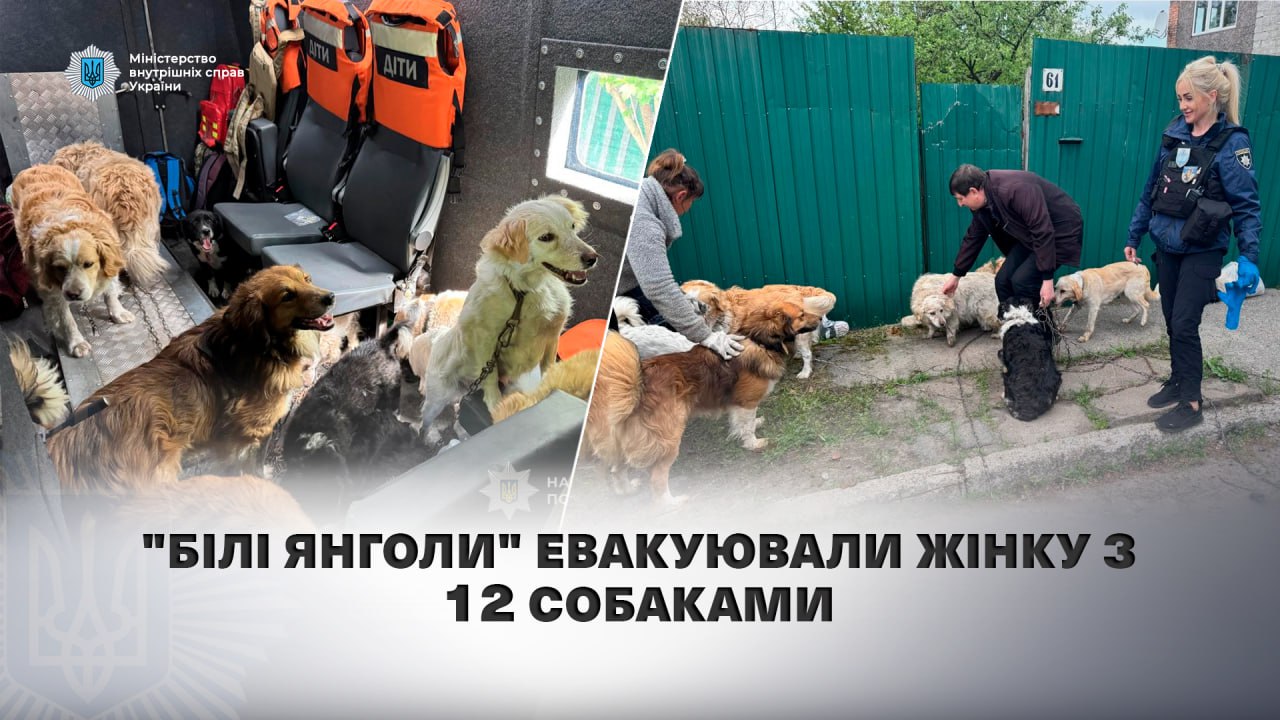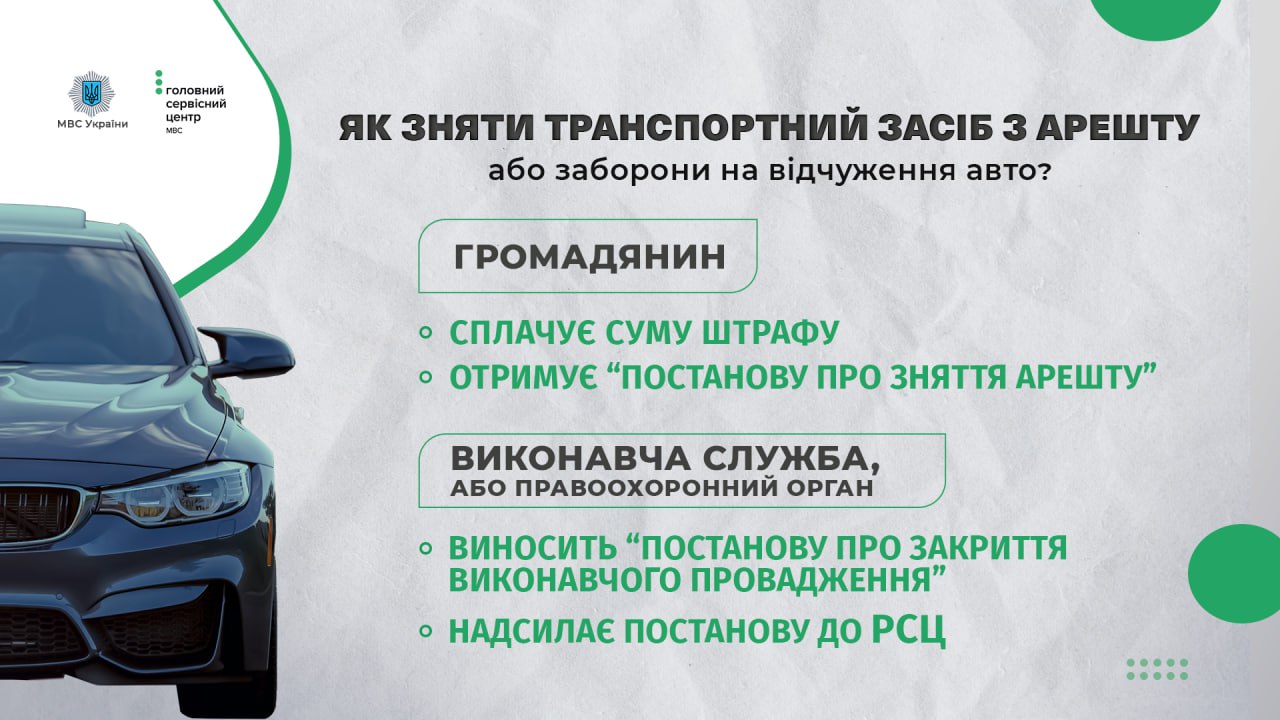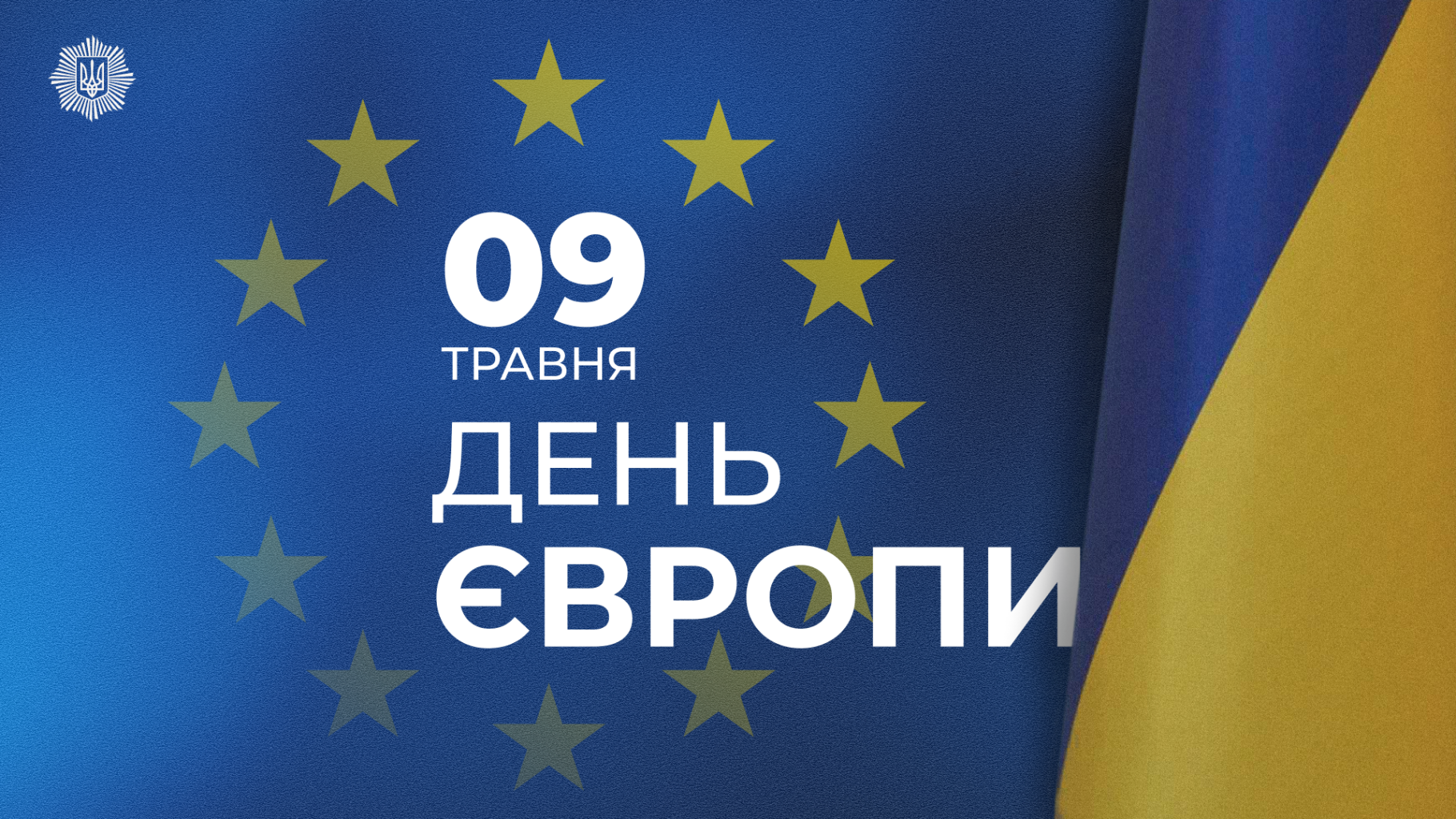Kharkiv is reinforced concrete, it is a bastion that the enemy simply cannot take, - Colonel of the National Guard Alexey Lunev

He is the deputy head of the faculty for educational work - the head of the training department of the command and staff faculty of the National Academy of NGU. The officer told about his chosen path, how military science is now being prepared at his university and in what format the educational institution joined the defense of Kharkov.
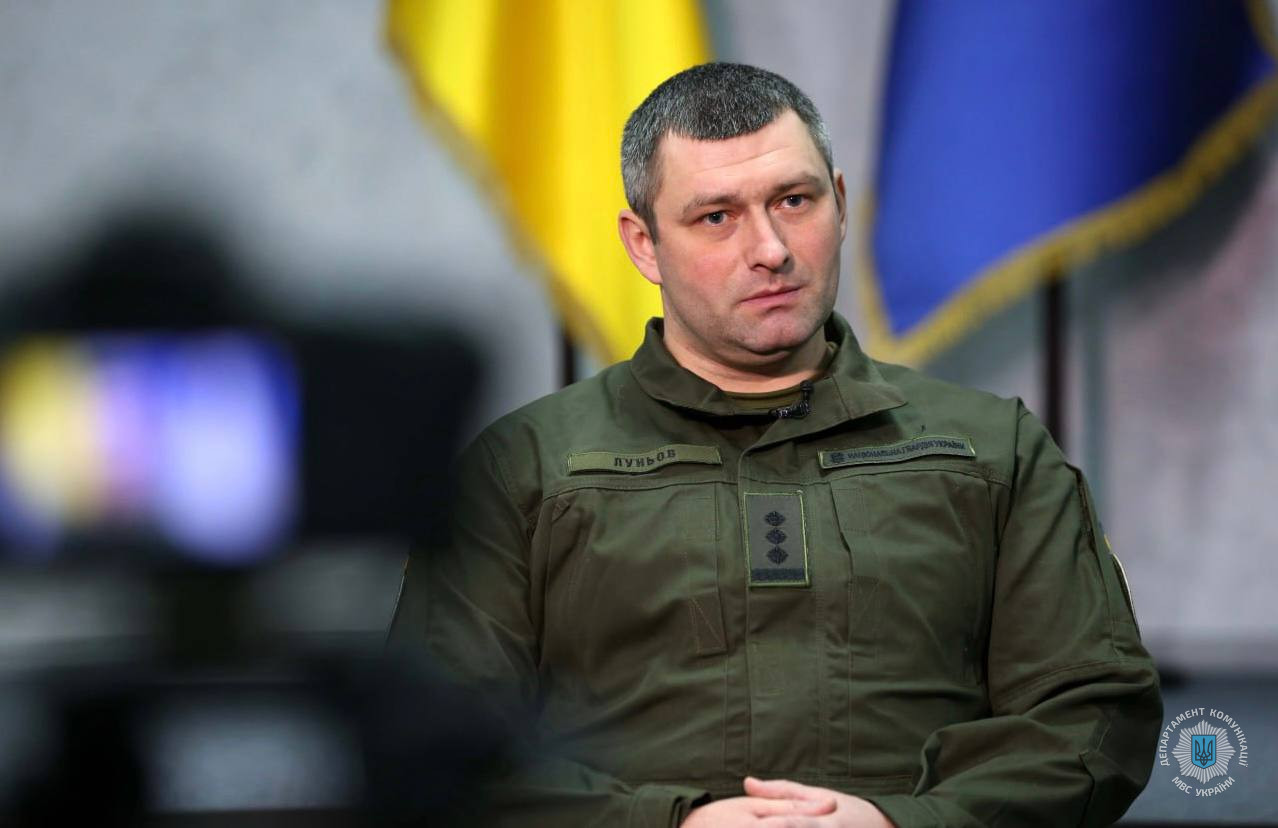
The wars of the future: people in military uniform with joysticks or control tablets
Alexey Yurievich says: sports - swimming and triathlon - prompted him to enter the Institute of Internal Troops, as the university was then called. He was friends with many of the cadets with whom he worked together in these sections. These friends decided to enter their institution.
He entered the command and staff faculty, in the group of specialists of special purpose units. While studying, he became a master of the sport of shooting from combat weapons, won in 2005 before the release of the shooting championship of the Ministry of Internal Affairs. In the end, the head of the institute offered to remain a course officer. Lunev here went from platoon commander to deputy head of the faculty.
Colonel Lunyev notes that young people are now preparing for modern formats of military actions. This is achieved both through constant contact with the troops, the invitation to teach experienced combat officers, the quality traineeships of cadets in the units, and the application of advanced education technologies. Like binary classes, helping to master modern techniques, weapons, tactical techniques.
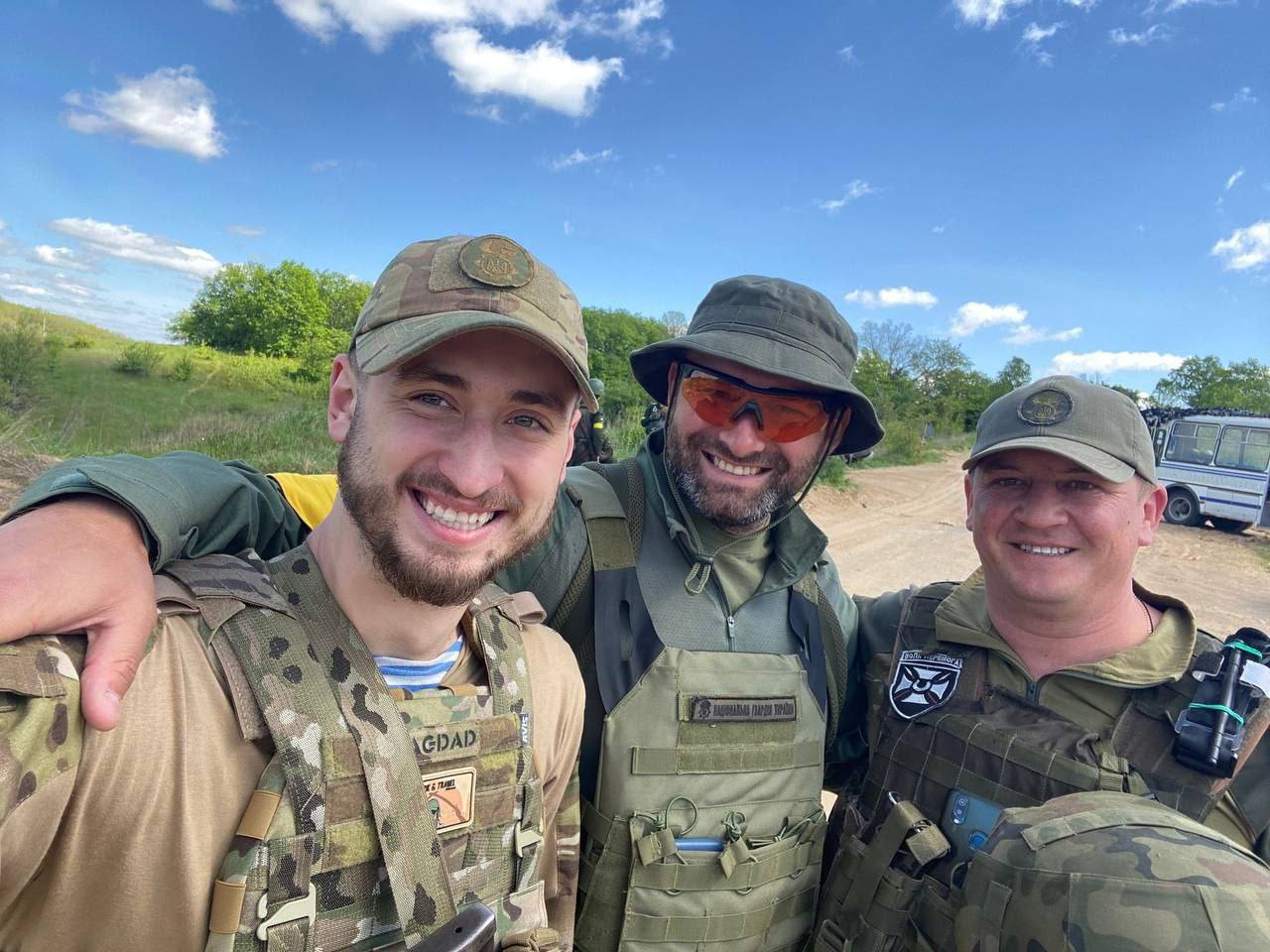
“Cadets, of course, change priorities over time in requests for information about which they want to learn more. Currently, young people are very interested in the direction of unmanned aerial vehicles. These are new technologies that are surprisingly effective on the battlefield. There is a strong demand for the study of samples of weapons and equipment, in particular foreign ones, coming to the units of the National Guard,” the interlocutor explains the latest trends.
Military training should be planned in such a way as to take into account our strategy of rearmament to NATO models and the modern types of combat that we will use in the future. Alexey Lunev rightly observes: teaching yesterday's military is a priori a losing option. Therefore, the academy constantly purchases new weapons for the sake of clarity.
“The academy has a good training base on which cadets study. Recently, many UAVs have been purchased that will help in the education of the subject of “reconnaissance”. These are PZRK simulators of various types, there is a large palette of ATC equipment, a training base of the new BTR-4E and other samples of equipment. I hope that soon we will have simulators for BMP “Bradley” or other Western equipment,” says the deputy head of the faculty about the technical component of the training of guard officers.
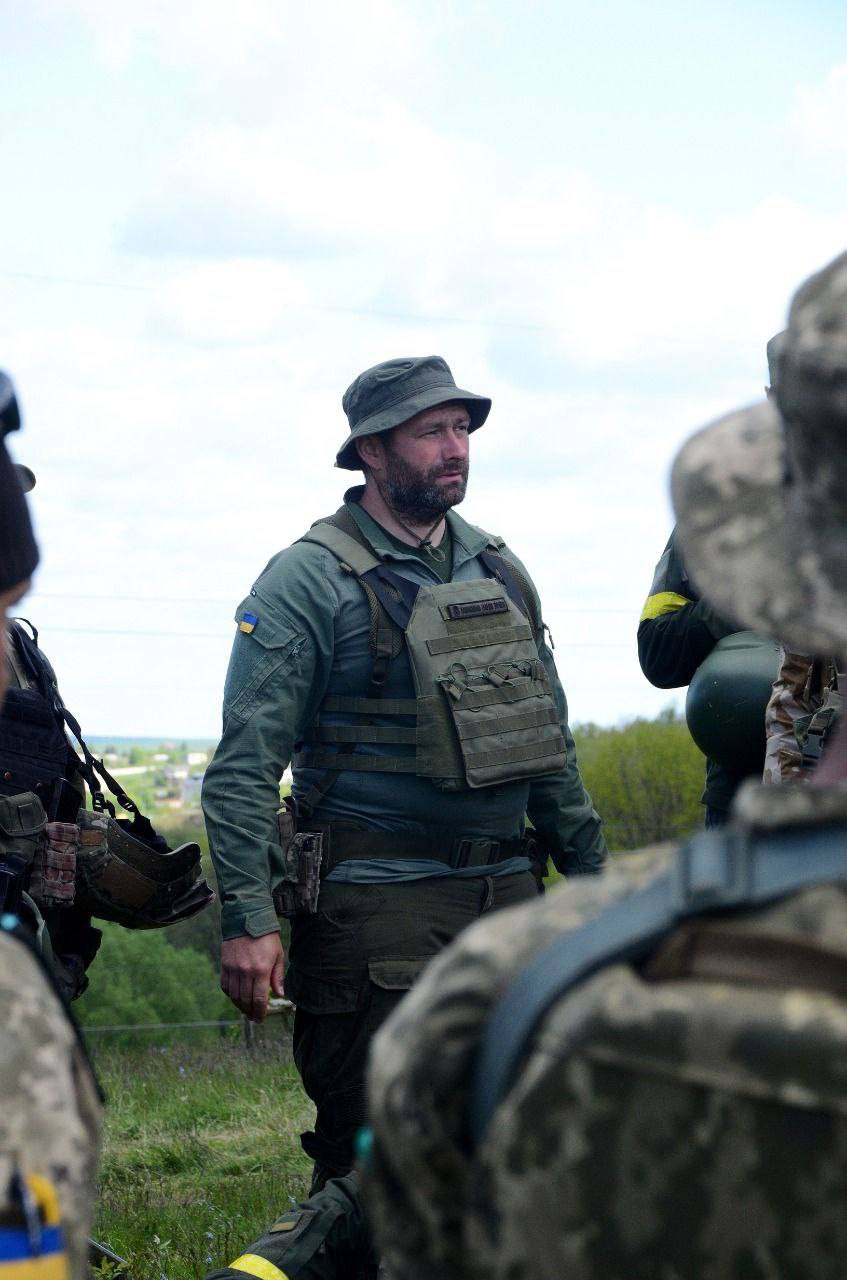
And he adds that the wars of the future will have a significant cyber component. More and more we will see people in military uniform with joysticks or control tablets. Actually, on the basis of the academy there is a modern Research Center, where scientists conduct research on the orders of the Ministry of Internal Affairs and the National Defense University in the field of psychology, service and combat use of the National Guard. Develop and implement the latest technologies, including in the context of management systems, which can be started to be tested in the local Situation Center and situational modeling classes, where cadets and officers improve operational skills at different levels. The implementation of NATO standards will help in this matter.
These are operational level techniques TLP (Troops Leading Procedure), which determines the sequence of actions that allow a company or platoon commander to effectively use available time in planning, preparing, executing and evaluating combat tasks. The Military Decision Making Process (MDMP) — the process of making military decisions — is also an important element of planning and conducting hostilities, as seen in NATO.
100-kilometer challenges and science in the trench under the whistle of bullets
Colonel Lunev says that a somewhat better entrant began to arrive at the university. Usually, these are patriots of Ukraine who consciously want to become real officers.
Or contractors who have a fighting path behind them and have decided to also follow the path of a commander or a specialized specialist.
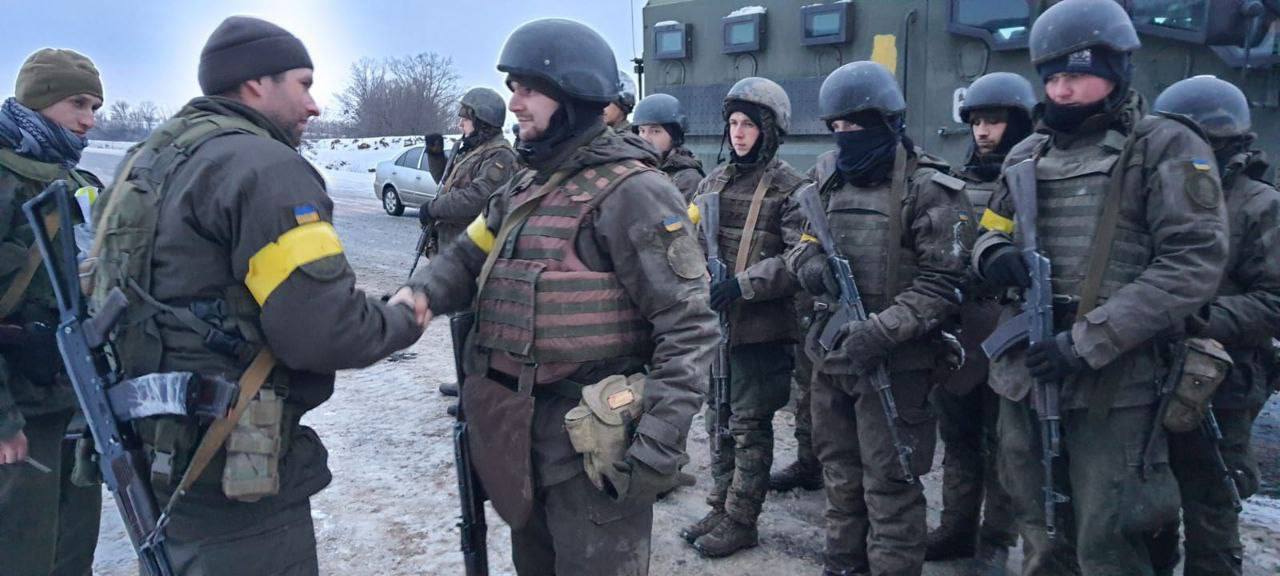
“Young people think a little differently now. Sometimes they even create some strange, at first glance, challenges. For example, the anumo will be tightened by the entire unit at the same time and daily 22 times. Do we run 100 kilometers together in a month. It is unusual to see how cadets through the territory of the academy cut circle by circle, and this is only 500 meters, overcoming 10 km each time. And so every third day until they reach a certain indicator. This is how the will and motivation are tempered. Our generation was a little different, of course,” the officer paints a mental blitz—a portrait of today's spies in uniform.
There are other significant additions to this image. When there was a large-scale invasion of the Russian Federation, cadets began to receive money security of about 30 thousand hryvnias. But instead of buying some gadgets or splurging, many of them bought high-quality helmets, plate holders and other good equipment.
They also had to learn and at the same time fight — this is a unique feature of the current cadets, when in class they hear fighting or enemy shells and missiles exploding in Kharkiv or its surroundings.
“On February 24, the academy came to the defense of the state and native Kharkov. Our command and staff faculty kept the area around the city from Sumy to the azimuth to the Dnieper, the logistics faculty stood towards Izyum. We deployed platoon and company strongholds. The cadets of 2-4 years of training performed tasks in the defense of Kharkov as ordinary fighters. Until mid-April, they stood on the defensive, at the checkpoints,” the colonel of the NGU tells about that time.
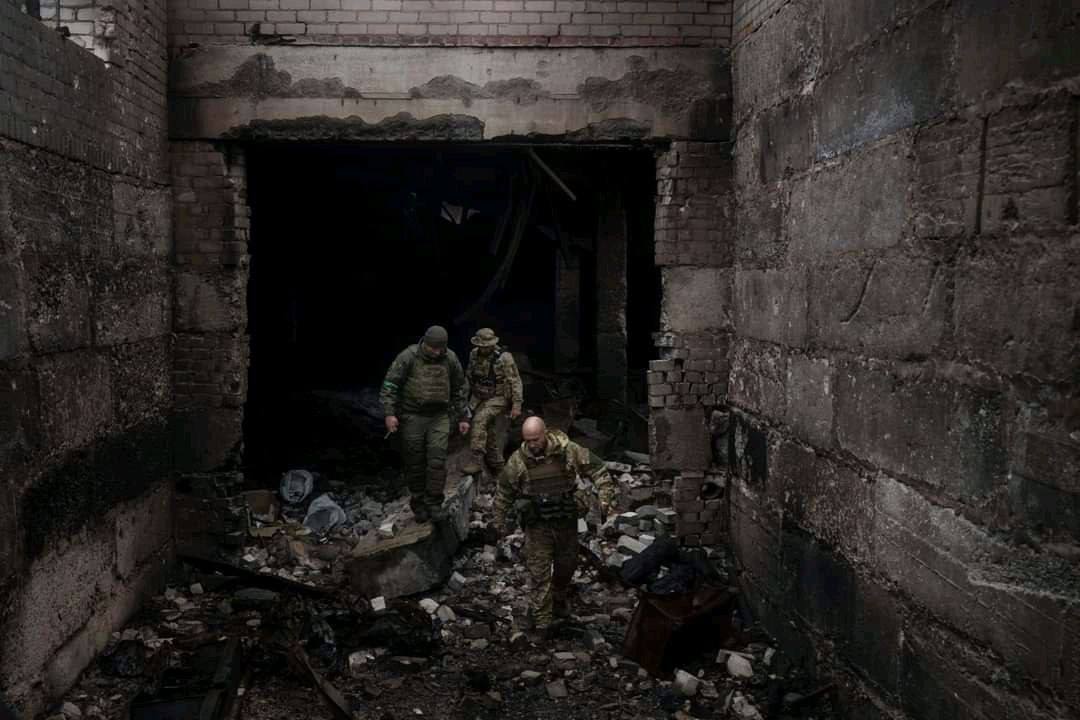
On February 26, last year, the DRG of the enemy on armored vehicles and vehicles tried to break through such a cadet checkpoint near Kharkov. Having received a report from the secret about the approach of the enemy, Alexei Lunev quickly and competently dispersed the personnel at the firing positions. As soon as the stricken column reached the distance of effective fire, he gave the order to open it. Then it was possible not only to delay the advancement of the equipment of the Russians, but also to completely destroy it.
During the active offensive of the Russian Federation, cadets trained in dungeons and trenches, checkpoints, gaining practical combat experience in 24\ 7 mode. They knew all types of combat support, performed service, tested in practice the theory received at the university. All necessary combat documents, department fire cards or diagrams of the WPO, ROP, checkpoint were worked out.
Meanwhile, the local population brought diesel and lubricant and cadets made “hammer cocktails” at the positions. All 500 soldiers of the academy were ready to fight and destroy enemy forces and equipment.
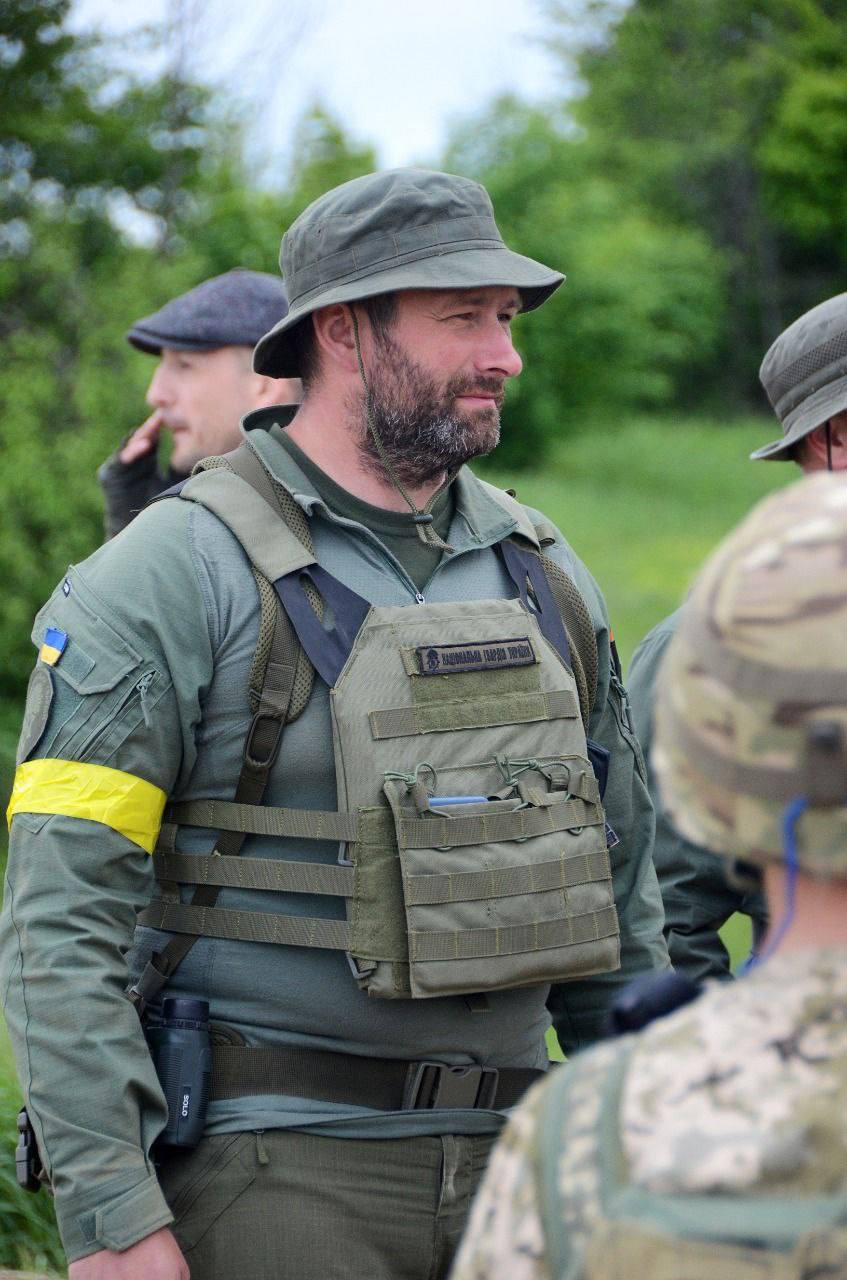
Some April graduates are no longer there — six lieutenants died for Ukraine...
“We had to do an early release last year in April. All were given the rank of lieutenant and immediately went to the army. We moved from one trench to another. It happened that graduates arrived as platoon commanders at the same WPOs or checkpoints, where they were still defending Kharkiv with cadets. Those guys who have been with us in the trenches for two months, during this time have grown in a way that some do not grow in a few years. Some managed to turn gray...”, - Alexey Yurievich clarifies the details of the hottest practice in the history of the university's graduate courses.
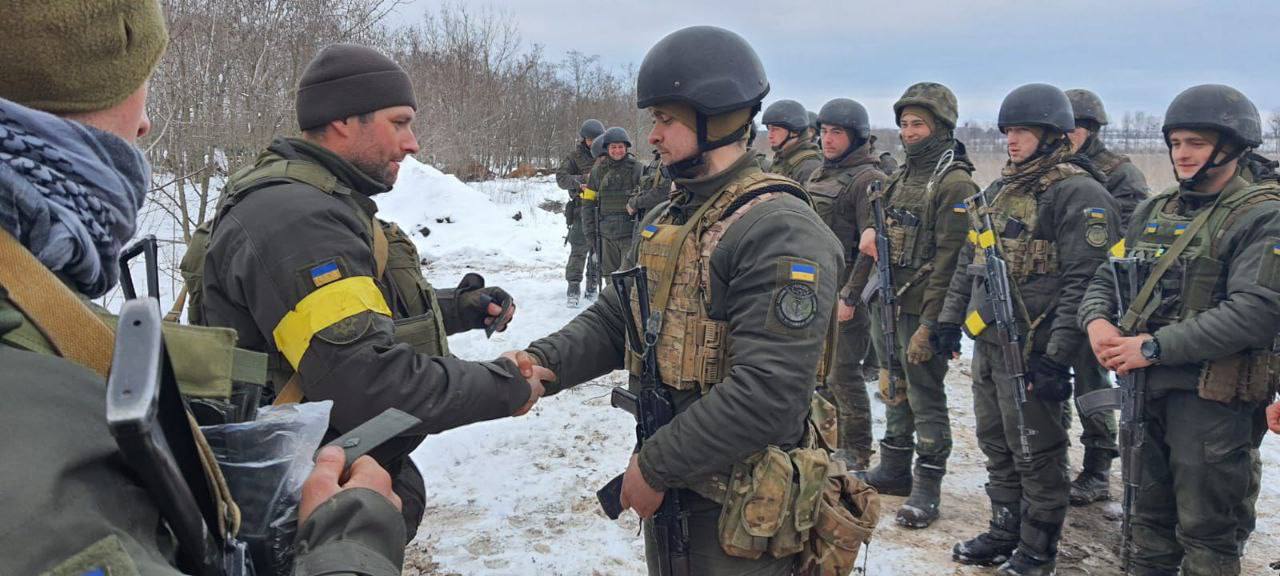
He also adds that now they have moved very far from the Soviet model in the educational process and in the service. Much less bureaucracy has become, the leadership is increasingly delegating authority and initiative to junior commanders — they do not have to agree on elementary things as before. With sadness, the interlocutor states that some April graduates are no longer there - 6 lieutenants died for Ukraine.
“Kharkiv is reinforced concrete. Three powerful lines of defense have been created here around the city and on the border with the Russian Federation. I am sure that the city will stand — it is a bastion that the enemy simply cannot take. Many civilians have already returned to the city. Many men go to territorial recruitment centers and join the army. We will win for sure,” Alexey Lunev added.
Department of Communications of the Ministry of Internal Affairs of Ukraine




